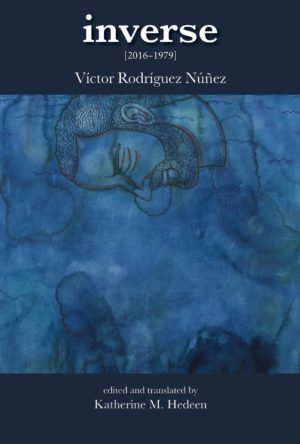paperwall, 2019 (india)
Rodríguez Núñez’s poetry has long been well-received in the Spanish-speaking world, by his predecessors and contemporaries alike. Juan Gelman (Argentina), for many the best contemporary Latin American poet, considers him to be a “true poet… baptized by poetry at birth.” And Raúl Zurita (Chile) declares, “Víctor Rodríguez Núñez’s poetry represents a profound renewal of poetic language. It forces us to see that poetry accounts for itself precisely because it accounts for the world.”
Likewise, his work has made a great impact far beyond the borders of the Spanish language. Lasse Söderberg (Sweden) writes, “[b]eing an independent Cuban poet is hard. Supporter or dissident?… Rodríguez Núñez doesn’t write the way either side expects him to.” John Kinsella (Australia) notes this poetry demonstrates a “stunning brinkmanship in imagery and poetic imagination that leaves the reader breathless and astonished. Technically, his is one of the most assured voices in contemporary poetry.”
And then, to ask myself, as his translator into English, how to cross the borders of language? With the same defiance found in the original. To avoid the trap of exotification, striking a balance between… the strangeness of certain words unlikely to be associated with what is “typically Cuban,” and the similar strangeness of keeping words only a Cuban would understand. Inverse serves to introduce Indian readers to one of contemporary poetry’s most relevant, powerful voices. These poems challenge every limit; here, commitment and experimentation, emotion and lucidity, what is another’s and our own, the writer and the reader, come together. —katherine m. hedeen
